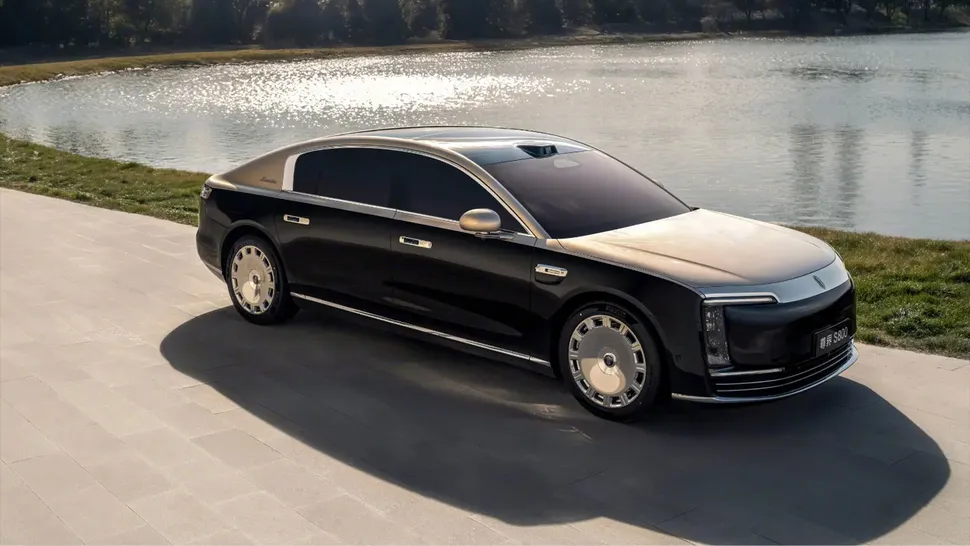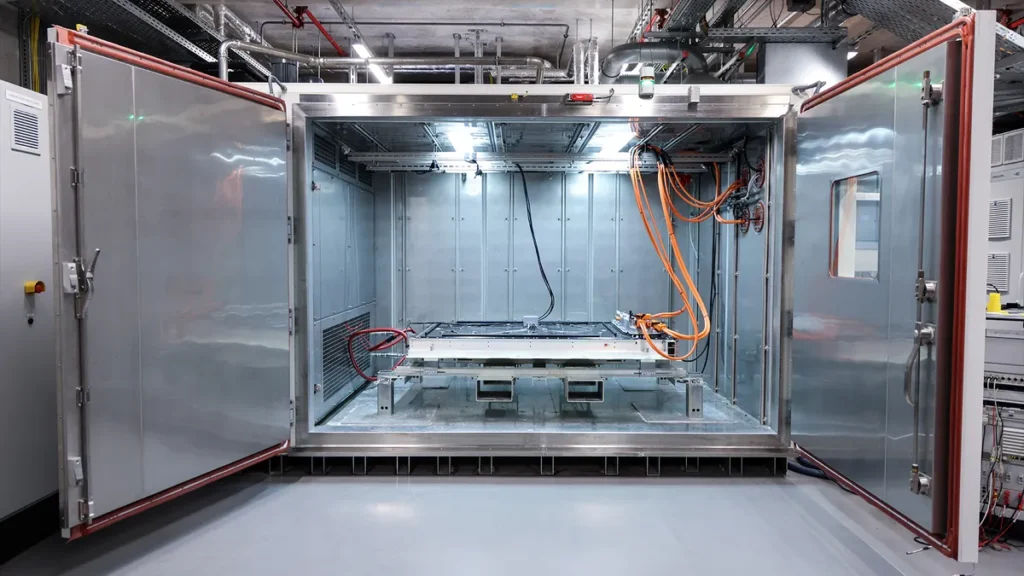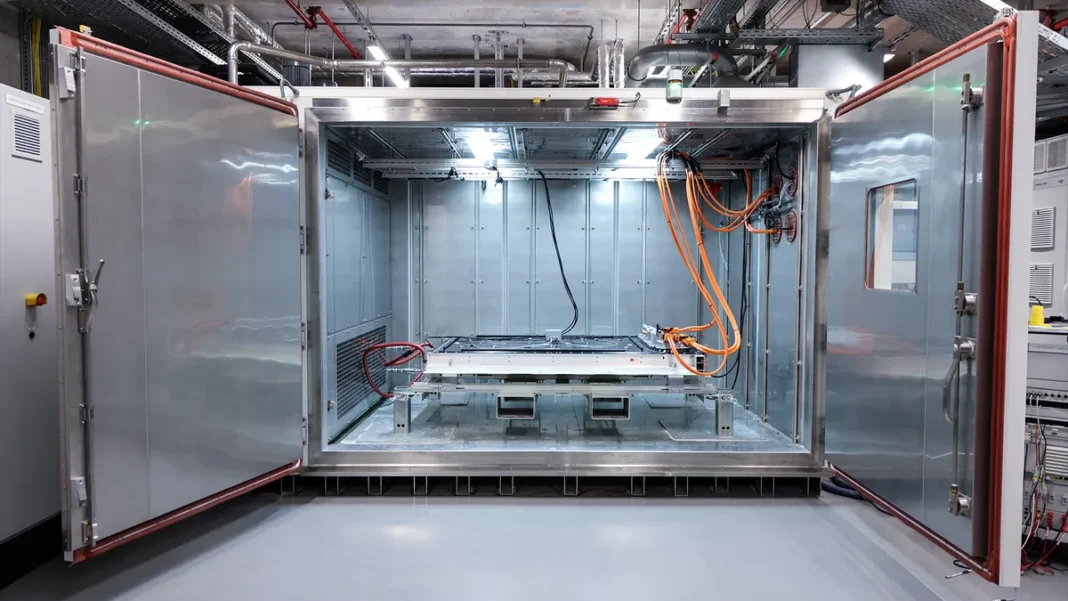In a bold announcement that could change the future of electric cars, Chinese tech company Huawei has claimed it has created a new electric vehicle (EV) battery that can deliver up to 1,800 miles (about 2,900 kilometers) on a single charge. This would be more than three times the range of the best EVs currently on the road. While the idea sounds exciting, some experts are urging caution.
The battery is based on solid-state technology, which uses a solid material instead of the liquid commonly found in today’s lithium-ion batteries. This design can offer major benefits, including better safety, higher energy storage, and faster charging.
The battery also uses a sulfide-based material enhanced with nitrogen, which helps avoid chemical reactions that can reduce the battery’s performance over time. According to Huawei, the battery can charge from 10% to 80% in under five minutes, rivaling the time it takes to fill up a gas-powered car.

However, many experts remain skeptical. Some point out that while these results may be possible in a lab setting, real-world use is far more complicated. TechRadar also states that, factors like extreme temperatures, long-term durability, and manufacturing costs could prevent the battery from becoming practical any time soon. Solid-state batteries are also known to be difficult and expensive to produce at scale.
Yang Min-ho, a professor of energy engineering at Dankook University, explained: “Such performance might be possible in lab conditions, factoring in only the weight of the active materials, but real-world factors like energy loss and thermal management make mass production extremely difficult.”
He also noted that the cathode, the part of the battery that determines energy capacity remains largely unchanged between lithium-ion and solid-state formats, casting doubt on Huawei’s range claims.
If Huawei’s battery can overcome these hurdles, it could bring major benefits to drivers. Long road trips without needing to recharge, faster pit-stops, and smaller, more efficient batteries could change the way people view electric vehicles. Still, most experts say we are years away from seeing this kind of battery in cars available to the public.
Interest in solid-state battery technology is growing quickly. Companies like Toyota and Samsung are also exploring similar advances. As TechXplore reports, these breakthroughs could become available within the next five to ten years if challenges around safety and cost can be solved.
Huawei’s bigger EV plans

Huawei’s patent doesn’t just promise longer range,it marks a bigger move into the electric vehicle industry. While Huawei doesn’t make cars itself, it works with automakers like Aito, Avatr, and Luxeed to supply tech for smart features, from infotainment to self-driving systems. This battery development could help Huawei become a key player in the EV supply chain.
To make solid-state batteries more affordable, Huawei has also filed another patent aimed at reducing the cost of sulfide electrolytes, which are expensive and vital to this technology. Tackling this cost barrier is essential for any company hoping to mass-produce solid-state batteries.
Range claims and testing methods
Huawei’s impressive 1,800-mile (3,000 km) figure is based on the CLTC (China Light-Duty Vehicle Test Cycle), which often produces more generous results than international benchmarks. Experts believe the real-world range might be closer to 2,000 km still far ahead of most current EVs, but more realistic than the headline number.
China’s race to lead battery innovation
According to Car News China, Chinese companies now account for nearly 37% of all solid-state battery patents worldwide. That’s over 7,600 patents filed each year, showing how competitive and serious the tech race has become in the region.
Huawei’s big claim has stirred excitement and sparked new conversations about the future of EVs. For now, though, this battery remains more of a hopeful glimpse into what could be rather than what is.




